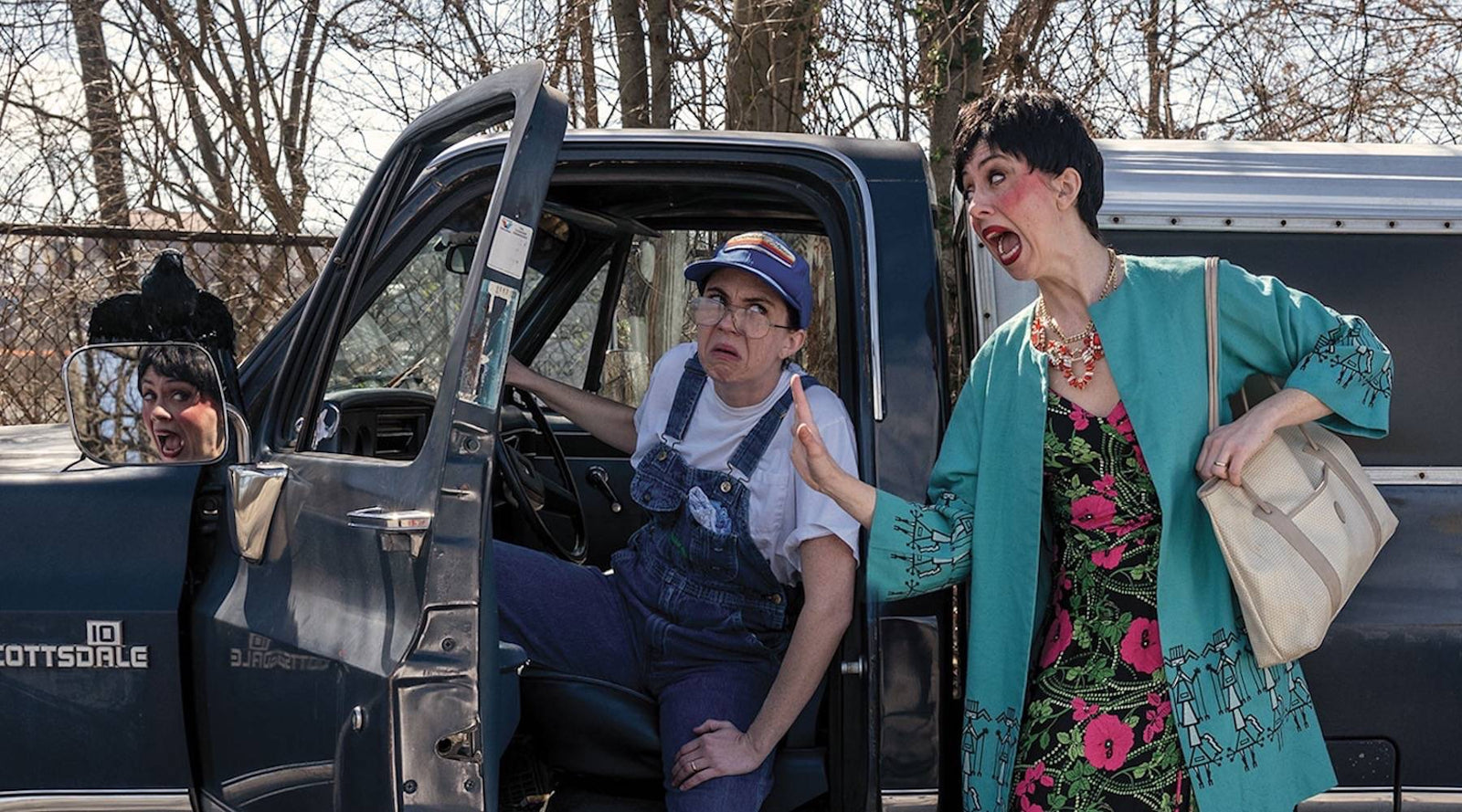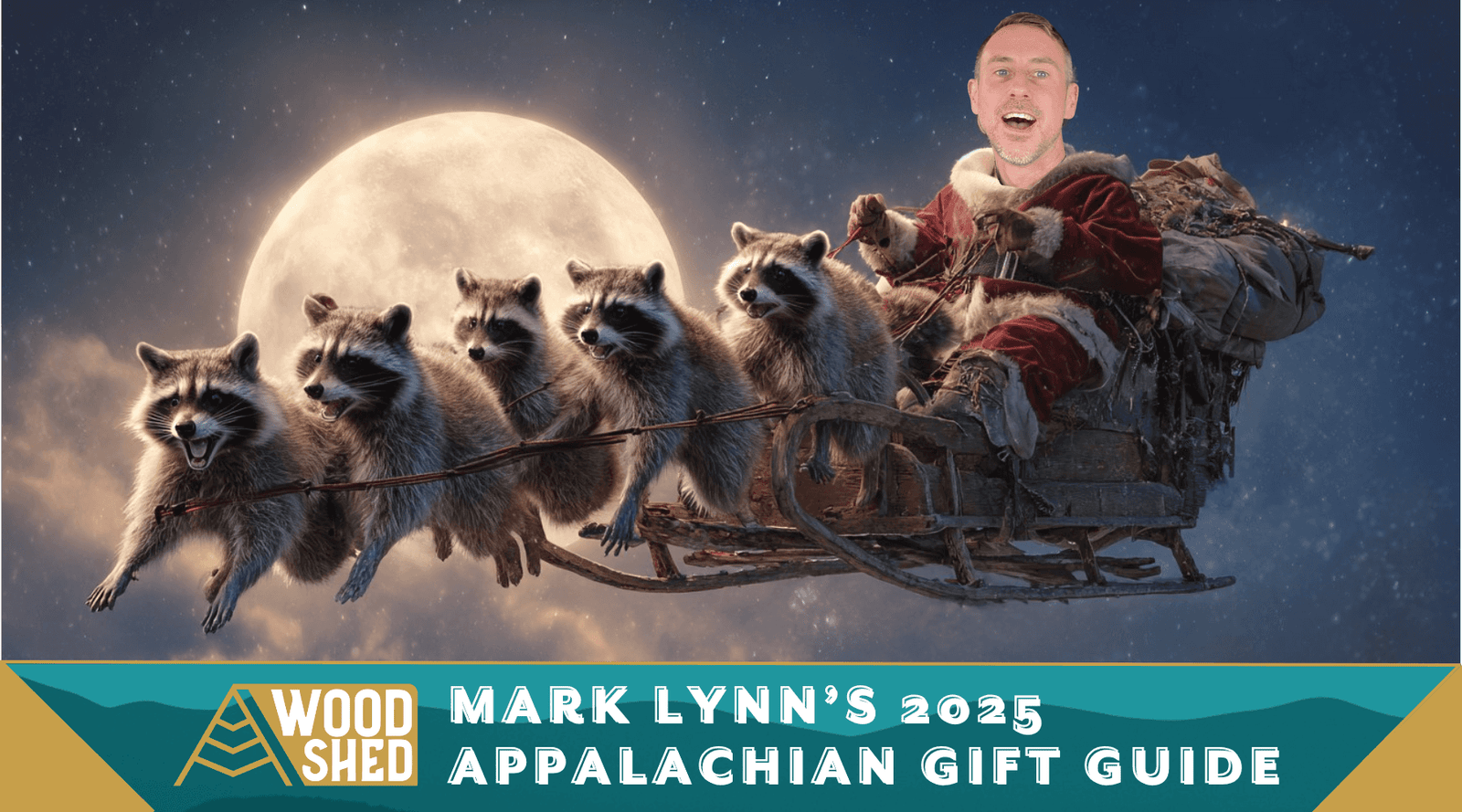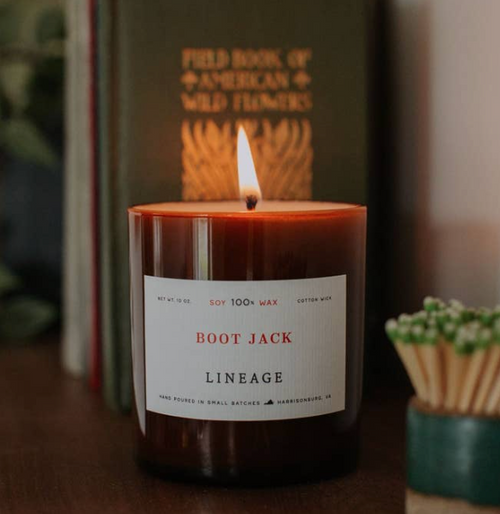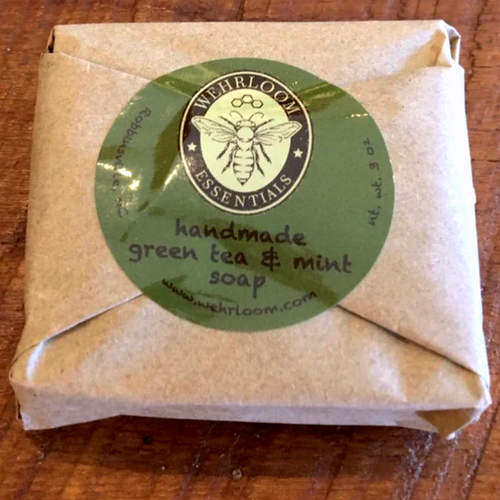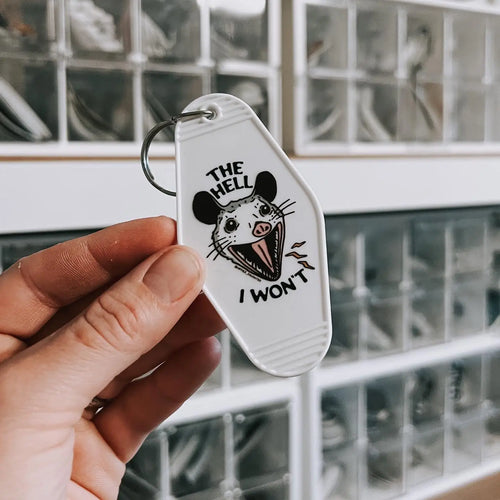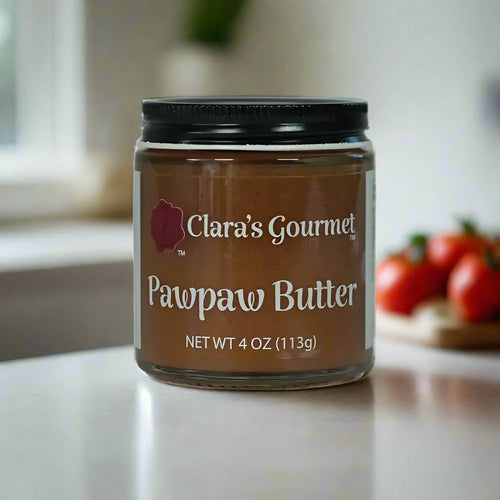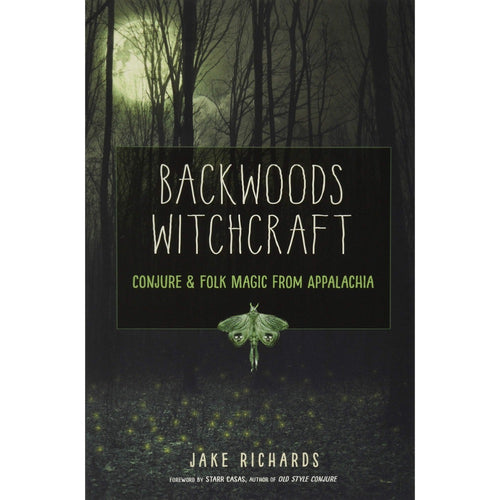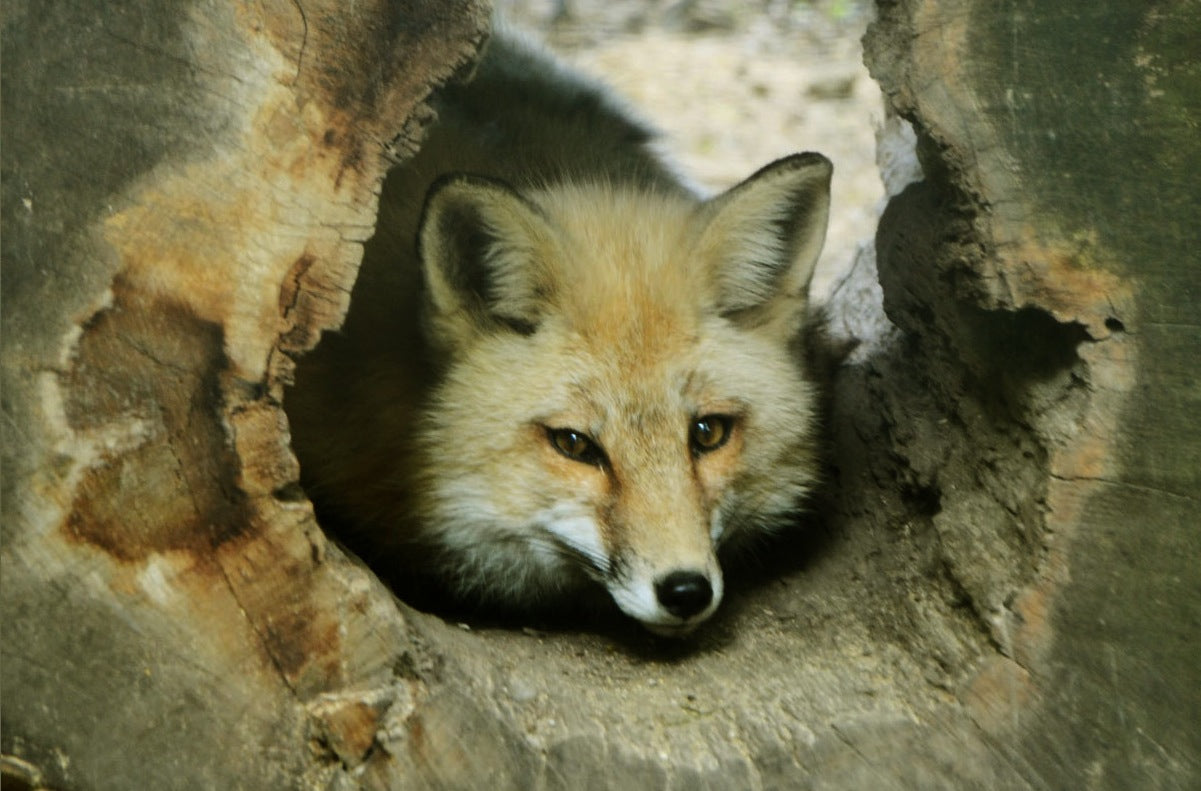
It's easy to see why. Clark was raised dirt poor during The Great Depression. His family lived in a ramshackle house, affectionately called "The Leaning Tower," in Catlettsburg, Kentucky. The town presses right up against the Ohio River, and as a boy, Clark spent his days on the river's banks, dropping lines for bass and setting traps to catch mink and muskrat. He claimed to be living on his own by age eleven. It sounds far-fetched, but he said that he occupied the upper floor of the local courthouse building, where he dried animal skins by hanging them from the courthouse clock.

True or not, Clark paints a picture of a wild life that still shines some eighty years later. His tales are folksy, full of adventurous boys and loyal hounds. They've drawn comparisons to Mark Twain, which is fair. Both authors write about children running the riverbanks, but Clark's world veers toward the gritty. There are cockfights, bootleggers, and the constant threat of floods. While his characters have a kind of pioneer pride, they are also tinged with a real-life bitterness that Twain didn't touch.
Sadly, Clark's books fell out of print for almost twenty years. It created a gap in his legacy that has yet to be filled, but, thanks to the Jesse Stuart Foundation, you can buy them again. This regional publisher secured rights to the books in the 1990s, and they can now be found in The Foundation's shop and on Amazon.
And below, you can sample Clark's writing. The story "The Used-To-Be-Dog" was recently published in the literary magazine Appalachian Heritage. It's about the strange way a bowlegged dog; a big, mean fox; and a can of carbide came together.
I'm not spoiling a thing to tell you that it reads like a tall tale, and who knows, maybe it was inspired by one. Maybe somewhere along the banks of the Ohio, there was an old man who crossed feist with ferret and told a boy this strange story. In a town that lets an eleven year old hang animal hides from the courthouse clock, I wouldn't rule anything out.
*
THE USED-TO-BE DOG
By Billy C. Clark
The old man lived in a one-room shack perched up on the side of a hill along Blackjack Creek, and he owned a little straddlelegged dog that he claimed was a cross between a feist and a ferret, making it half dog and half varmint.
It was the summer that the coal mines played out over at Harlan, and Pa had moved us to Blackjack where a new one had opened. It was lonely country, and Pa said that I might be keeping my eyes open for a dog of my own to temper the loneliness a bit. That’s how come I got tied up with the old man and his Tweedle dog.
I had to pass his place on the mornings Ma sent me to the store at the mouth of the creek.
The old man was always on the porch catching the early morning sun, and one morning he waved me up. It was then that I saw the Tweedle dog. She was stretched out near his feet.
“You be going to the store?” he asked.
“Yes,” I said, staring at the dog and thinking I had never seen the likes. “Be too much trouble for you to fetch me back a twist of tobacco?” he asked.
“No,” I answered, “no trouble to fetch.”
The little dog wasn’t much to look at, but I was dog hungry and her teats were heavy, showing a sign that she was sucking pups. And she was the only dog I had seen since we had moved to Blackjack. I gave her another looking over and said:
“What sort of dog is she?”
“You know dogs?” the old man asked.
“Some,” I answered.
“Then you ought to be knowing,” he said, “that to begin with they’s three sorts of dogs: good dogs, better dogs, and this here Tweedle dog. Tweedle is a cross betwixt a feist and a ferret, making her half dog and half varmint.”
She still didn’t look like much, but she sounded like something and so I said:
“She sure is bowlegged.”
“Got that way from straddling trees,” the old man said. “Used to clamp right onto a tree, shinny up, point a possum, coon, or squirrel in the top like a bird dog on quail. Used to be the best in the hills. I spent years looking for a good-sized ferret to cross her to, just about give it all up until I come across one this year. Got me a litter of pups that’s prizewinning.”
Not wanting to overtalk my welcome, I headed down the hollow thinking about the bowlegs on that little dog. But, mixed in with the red- birds, catbirds, and blue jays I was staring up among the beech trees that lined the hollow, I saw the litter of pups the old man had spoken of. And as I brushed the morning spider webs out of the path, I kept trying to pick a pup from the litter that didn’t have legs like barrel staves, one that might not bring a grin from Pa and a snigger from Ma. I got to thinking that the size of the Tweedle dog was a favor on my side. Her pups would be apt to stay small—small enough to sneak in the house of nights, past Ma, and snuggle up in bed with me, driving away the weird sounds of the wind and the loneliness of the hills. It was then that I got to thinking about something the old man had said: the Tweedle dog used to be.
I worried about it terrible, and when I reached the old man’s shack and handed him his twist of tobacco I said:
“What do you mean the Tweedle dog used to be?”
“Well, course you wouldn’t know, being new here on Blackjack,” he said. “But it had something to do with a fox and the worst winter we ever had. The snow came for days and made a ghost of the hills. The long, black fingers of the trees stuck through the deep snow, and the wind played a mournful tune through them.” The old man pinched a cud from the twist of tobacco and stuck it in his jaw. He looked down and squinted at the Tweedle dog. He took a deep breath and reared back in his chair.



